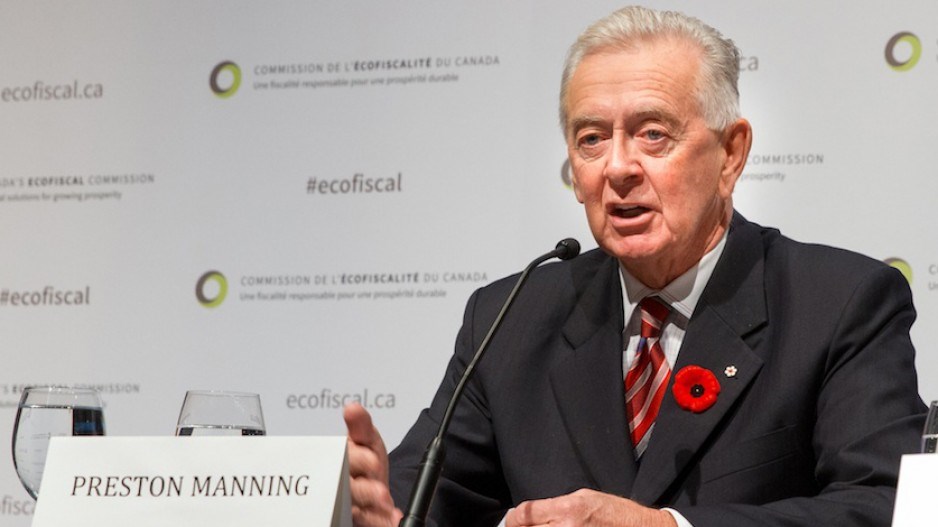Carbon taxes are nothing more than a tax grab and don’t even do what they are intended to do: reduce carbon dioxide emissions from transportation.
That has been the refrain from conservative leaders Jason Kenney in Alberta, Doug Ford in Ontario and federal Conservative party leader Andrew Scheer in their fight against a federal carbon tax, which went into effect April 1.
The new tax added between $0.04 and $0.05 per litre to the price of gasoline in provinces that did not have carbon pricing.
The conservative leaders’ populist campaign against carbon taxes is in stark opposition to Canada’s godfather of conservative populism, Preston Manning, who has long advocated for a revenue-neutral carbon tax.
Polling by Angus Reid in November found that 54% of Canadians support carbon pricing. But critics of carbon pricing suggest that it is the least effective tool for reducing greenhouse gases.
Kris Sims, B.C. director for the Canadian Taxpayers Federation, said none of the promises made with respect to carbon taxes have been fulfilled.
“Back in 2008, when politicians pushed this on us, they promised it would stop at $30 a tonne, that it would be revenue neutral, that it would create a plethora of affordable alternative energy sources and that it would also create a social licence to get our oil and gas to market,” Sims said. “None of those things is true. Not one.”
The province with the country’s longest history of carbon taxes is B.C., which has had such a levy since 2008.
A 2016 study co-authored by Werner Antweiler, associate professor at the University of British Columbia’s Sauder School or Business, analyzed B.C.’s carbon tax and concluded that it has worked as a tool to encourage fuel economy. Mostly, it has pushed British Columbians to be more “frugal” in their vehicle choices.
“We find conclusive evidence that higher fuel taxes and B.C.’s carbon tax are shifting car purchases towards higher fuel efficiency,” the study concluded.
It also found that without a carbon tax, per capita demand for gasoline and diesel would be 7% higher than it is, and that average vehicle fuel efficiency would be 4% lower.
Canada’s Ecofiscal Commission, meanwhile, estimates B.C.’s CO2 emissions would be 15% higher without the carbon tax.
One of the problems for the B.C. carbon tax has been leakage, however. B.C.’s carbon tax accounts for $0.09 of the roughly $0.53 per litre in taxes on gasoline in the Lower Mainland.
Just across the border, in Washington state, taxes on gasoline are about $0.24 per litre. The problem of leakage was particularly bad between 2010 and 2014, when the Canadian dollar was closer to par with the U.S. dollar.
But even now, with the Canadian dollar at $0.75 to the U.S. dollar, the tax difference is still sufficiently large to make it cheaper for British Columbians to drive across the border into Washington state to fill up their cars, Antweiler said.
“You can save 15, 20 cents because of taxes,” Antweiler said. “The taxes are hugely lower.”
See related stories: Gas pains on road to green gains in B.C. and How B.C. could deflate its gas bubble




